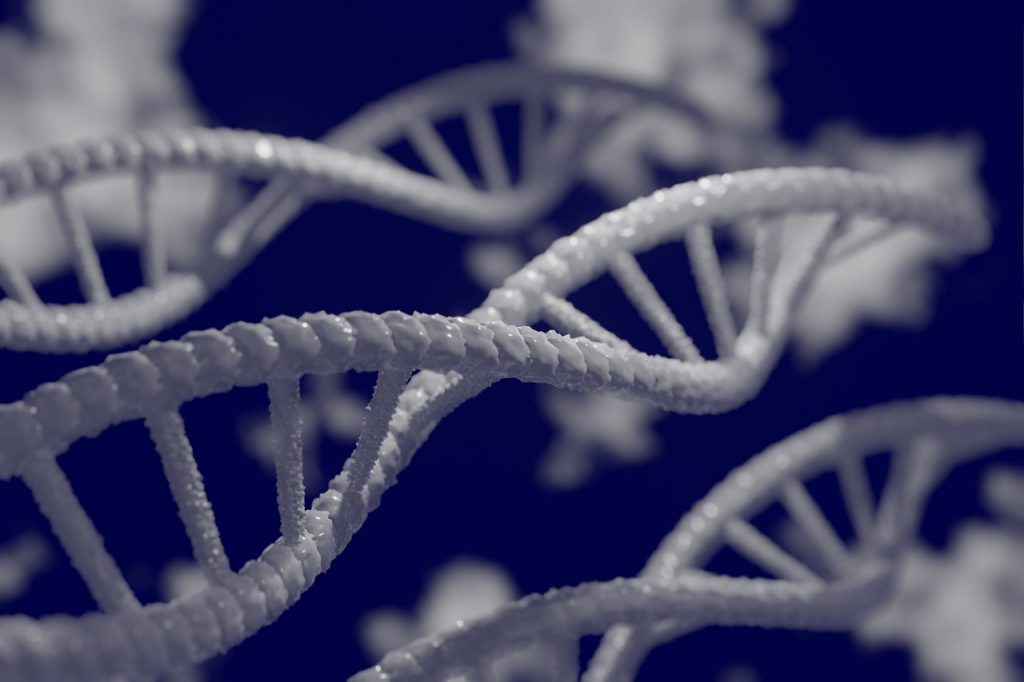The job of a genealogist is to study and analyze families. A genealogist uses records from previous generations and other people’s research to discover and write about family history.
A genealogist documents the lives and influences that ancestors have had on human history while interpreting information, compiling names, dates, and events into families for their clients’ or their research. Genealogists are more concerned about the who, what, where, and why rather than leaving it up to speculation.
What do Genealogists look for?
Genealogists look for families in vital records, including census documents, birth certificates, marriage licenses, death certificates, and divorce decrees. They also gather family traditions or stories passed down through generations and old photos, maps, and journals.
Genealogists determine relationships using documents like family Bibles, census records, wills, and deeds. They also use DNA testing to establish the relatedness or lineage of relatives that did not share the same surname. Genealogists then organize their clients’ information into a coherent family tree. Lastly, they write detailed reports on their discoveries to be kept for future generations.
Genealogists are also employed by private companies, who act as middlemen between the client and the researcher. These companies serve as a coordinator of requests gain information from records on behalf of their clients. Genealogists work intending to provide the earliest ancestor possible, based on research that has been done.
The Research Process
The research process generally starts with a search of public records and finishes with an oral history interview or a genealogical questionnaire to be filled out by the client. Depending on their information for a particular ancestor, their work may take from days to months. Genealogists are paid not only for their time but also for their expenses.
Genealogists (looking to hire genealogist?) work for themselves and collaborate with other genealogists and family members to help unravel the past of their ancestors. The field is not well-paid; however, most practitioners see it as a passion rather than a job, and most do it simply because they enjoy it.
Professional genealogy organizations offer education to budding and established members and often produce publications to share their findings with the public.
What It is Like Being a Genealogist
The following discussion threads may include specific examples or perspectives on what it is like to be a Genealogist. However, this does not necessarily reflect the reality of all Genealogists.
- What kind of background knowledge would a genealogist need to be able to do their job?
The background knowledge needed by a genealogist is the ability to read and research history, geography, and family documents. A genealogist also needs a good understanding of hereditary systems in different cultures throughout time.
- What types of skills or qualities do you think a genealogist needs to have?
Skills needed by a genealogist include organization, communication, self-direction, and critical thinking. Genealogists must be able to work independently on tight deadlines with limited supervision. They should be able to work well under pressure and have a calm demeanor. Another quality they must have is communicating well with people since much of their work involves writing reports for clients.
- What are some challenges that you think a genealogist might face?
A challenge that a genealogist may face would be a lack of job security since they can lose their clients if they don’t produce the work that their clients have requested. Another issue would be getting enough business from people who need their services, especially if their fees are high. Lastly, genealogists may find that they struggle to keep up with technological advances in software and social media.

